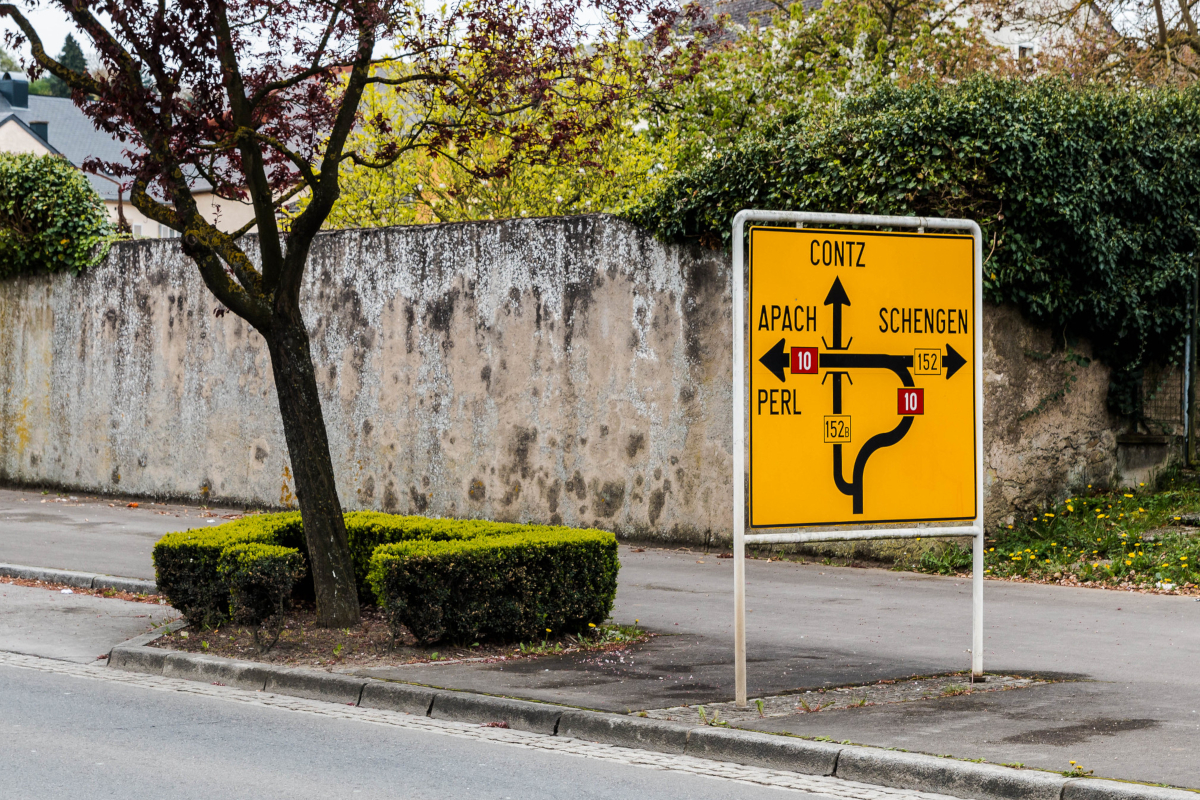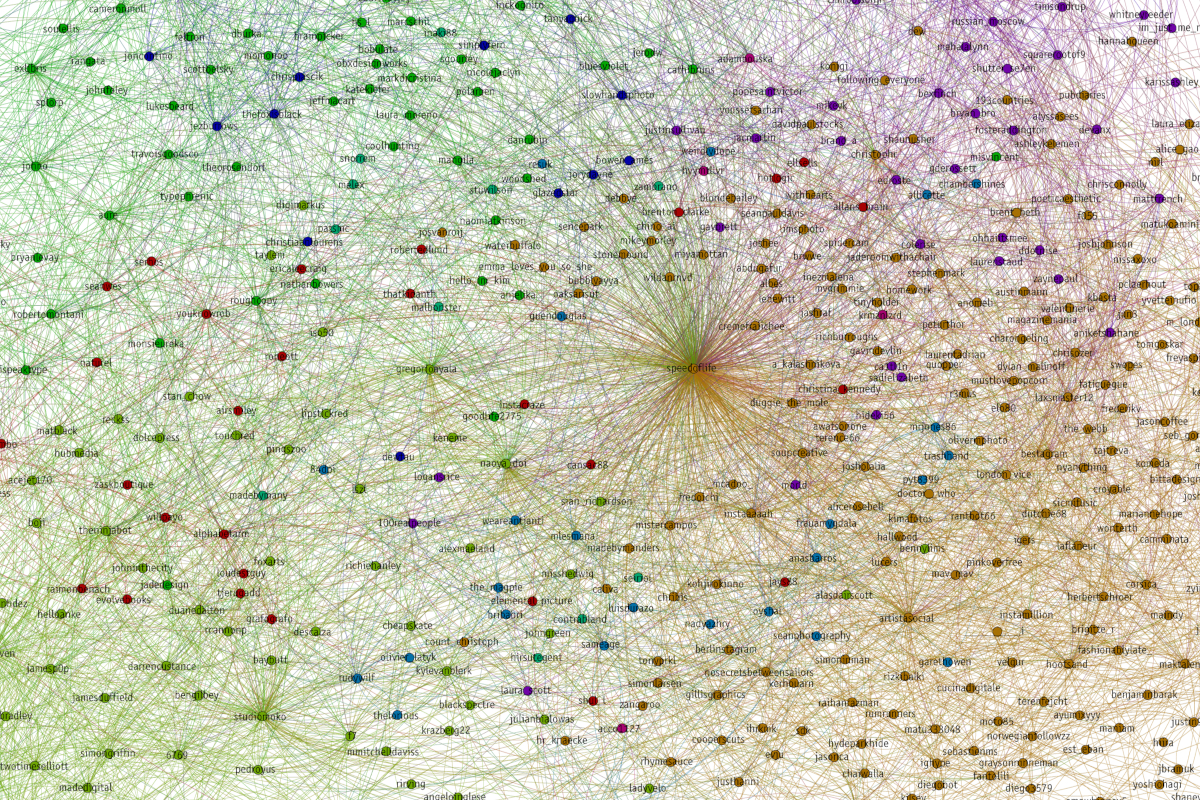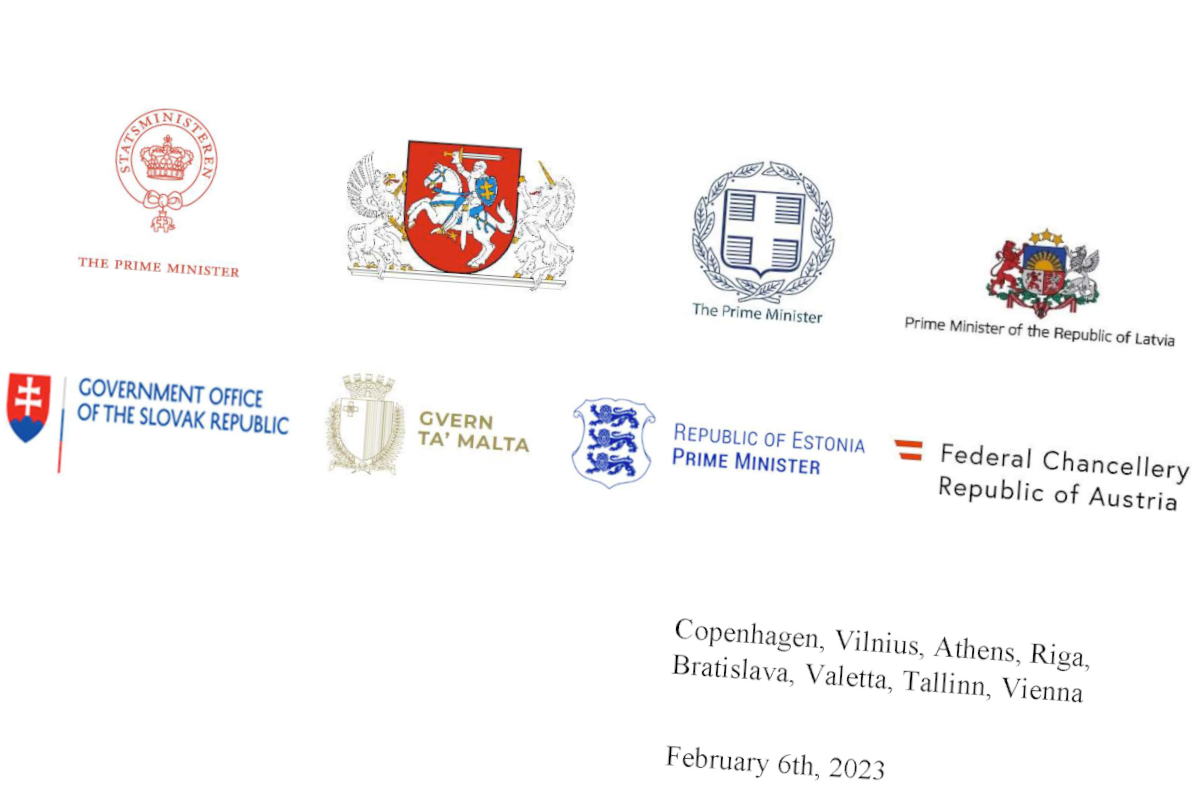Schengen priorities: full steam ahead with border controls and law enforcement
Topic
Country/Region
08 June 2023
A meeting of the Schengen Council, put in place under the French Presidency to improve governance of the Schengen area, is taking place today. A note from the Swedish Presidency of the Council outlines areas requiring “additional focus and impetus” if progress is to be made in the 2023/24 ‘Schengen Cycle’.
Support our work: become a Friend of Statewatch from as little as £1/€1 per month.

Image: Manolo Gómez, CC BY 2.0
Priorities listed in the note (pdf) include the “prompt development of JHA [justice and home affairs] information systems,” with interoperability described as a “horizontal prerequisite” across different policy fields. There will be stronger monitoring of EU visa-free travel regimes, and the Commission is due present amendments to the visa suspension mechanism. The Swedish Presidency previously called for a simplification of the suspension mechanism in order to limit asylum applications.
Schengen acquis
Full application of the Schengen acquis in Croatia was decided on 8 December 2022, meaning that checks at internal borders were lifted from the start of 2023 for land and sea borders, and from 26 March 2023 at air borders. In April 2023, the application of the Schengen acquis regarding the involvement of Cyprus in the Schengen Information System (SIS) was agreed, setting dates for connection to the database. In the coming cycle (under the Spanish Council Presidency from July to December this year), full application of the Schengen acquis to Romania and Bulgaria will be discussed as a priority and an urgent matter.
Returns still high on the agenda
An ongoing focus for action is to enact more deportations. Although “numerous steps” were taken over the last few years, the overall EU return rate remains at around 20%. The note focuses on existing “loopholes” that must be “conclusively addressed” to “prevent secondary movements and deter irregular migration” through urgent “operational action”.
The note suggests several initiatives:
- the European Commission’s Return Coordinator and High Level Network for Return should establish a new “Schengen model” for deportations;
- the potential of mutual recognition of return decisions should be tested by inserting alerts on decisions in the Schengen Information System, which may limit member states’ scrutiny of another member state’s decision;
- adopt the Recast Returns Directive;
- intensify voluntary return and reintegration, including through more support from Frontex and creating “reintegration counselling structures to guide returnees into assisted voluntary return and reintegration programmes”; and
- make full use of options provided by Article 25a of the Visa Code, allowing punitive visa measures against countries that do not cooperate with readmission.
Law enforcement cooperation against crime and drug trafficking
Drug trafficking is presented as a major threat to the Schengen area’s internal security, with an estimated €31m annual revenue enabling penetration by criminals into the legal economy and public institutions.
The issue is to be tackled through the European Multidisciplinary Platform Against Criminal Threats (EMPACT), for which a Strategy and Action Plan have been drawn up for the 2021-25 period alongside additional policy initiatives envisaged to dismantle criminal networks involved in drug trafficking.
In 2023, a thematic evaluation will identify best practices to combat drug trafficking, and the Commission is invited to feed concrete proposals into the Schengen Council within the 2023/2024 cycle.
Caims of the “wide reach” and “poly-criminality” of groups engaged in drug trafficking are used as a prompt to justify calls for joined-up law enforcement efforts to jointly tackle all “ramifications” (from firearms and human trafficking to corruption, violence and “infiltration of the legal economy”):
“This is why law enforcement should be boosted further in the framework of EMPACT to fight serious and organised crime across the board.”
Enhancing border management: “strengthen and accelerate”
Despite the crimes, controversy and undermining of legal principles and international law that have characterised EU border policy in recent years, the Presidency’s note reiterates the European Council’s February call to “strengthen and accelerate work on migration and border management”.
This should focus on:
- “updating national integrated border management strategies by March 2024” and implementing strategic processes like “national capability development planning”, based on technical and operational strategy to be published by Frontex this September;
- assessing existing border control capabilities and making financial and operational arrangements to implement “national capability development plans”, prioritising external borders;
- ensuring systematic database checks at external borders, ensuring “adequate use of information systems” and cooperation with third countries;
- improving EU and national “situational awareness” by implementing risk analysis and information exchange within the EUROSUR framework;
- implementing a “new IT architecture and interoperability for border management”, under the steering of eu-LISA, which must swiftly deliver the much-delayed Entry/Exit System (EES) and European Travel Information and Authorisation System (ETIAS);
- viewing internal border controls in the Schengen area as a measure of last resort, and compensating for this with stronger management of external borders via the adoption of a revised Schengen Border Code and Screening Regulation; and
- bolstering the fight against organised criminal networks that smuggle people into EU territory, through EMPACT.
Ongoing work is led by a “Schengen Coordinator” equipped with a team. The Schengen Council should rely on the “Schengen Barometer+” to identify and analyse “challenges and trends”, annual State of Schengen reports and Schengen evaluations to “identify systemic problems and trigger operational responses” in crisis or pre-crisis situations, and a Schengen scoreboard to enhance mutual trust and follow-up on actions to deal with shortcomings.
Documentation
- Presidency note in preparation for the Schengen Council of 8-9 June 2023 – Overall state of the Schengen area - Considerations for the Schengen Council cycle June 2023 – April 2024 (Council doc. 9531/1/23 REV 1, LIMITE, 26 May 2023, pdf)
Our work is only possible with your support.
Become a Friend of Statewatch from as little as £1/€1 per month.
Further reading

EU: Simplify visa suspension to limit asylum applications, says Swedish Presidency
The Swedish Council Presidency says there is an “evident” need to revise the EU’s visa suspension mechanism due to “a near-record number of asylum applications in 2022” from citizens of visa-free countries and an “extremely cumbersome” process for removing countries from the visa-free list.

EU: Deportations organized on the basis of “social media profiles”?
Thirteen non-EU countries sometimes accept "social media profiles and phone contacts" as evidence of identity for the purpose of deportations, according to an internal Commission assessment of third country cooperation on readmission. The assessment, which is produced annually, is used to determine where and how to apply pressure on third states not deemed to be sufficiently cooperative with deportations from EU member states.

Eight states appeal to European Council: more fortification, deportation, externalisation, and "strategic communication"
The call comes in a letter signed by the prime ministers of Austria, Denmark, Estonia, Greece, Lithuania, Malta, Latvia and Slovakia that argues "the current asylum system is broken and primarily benefits the cynical human smugglers who take advantage of the misfortune of women, men and children."
Spotted an error? If you've spotted a problem with this page, just click once to let us know.

